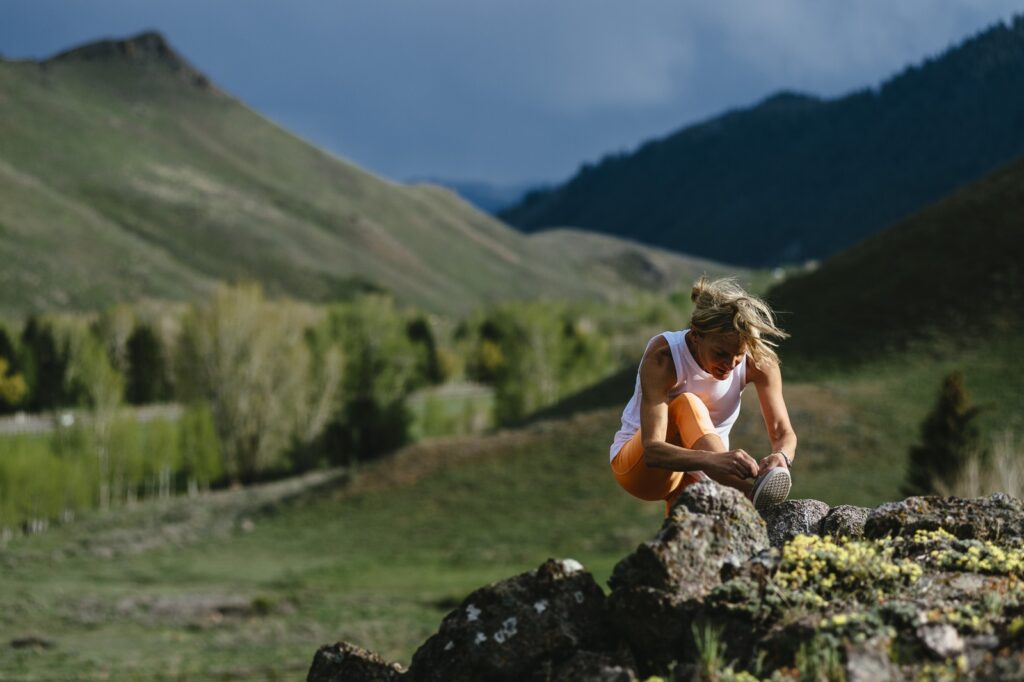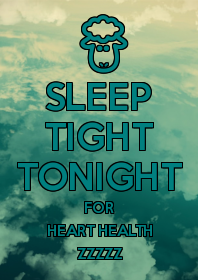
Motivation comes in many forms. When it comes to why you do or don’t stick to an exercise program, research shows that physical exercise that focuses on enjoyment, competence, and social interaction leads to long-lasting exercise engagement.
Dr. Kenneth Cooper, pioneer of preventative medicine at the Cooper Clinic in Dallas, coined the term “aerobics” in 1968. Now 90 years old and still practicing medicine daily, he’ll tell you that about 76% of diseases in the US today are a result of our lifestyle. Numerous reports have emphasized that physical inactivity is a leading cause of death worldwide. It’s all well documented: It’s not our heredity; it’s our lifestyle, Cooper says. Changing our behavior and concentrating on lifestyle changes will get us the results we want. Especially now, during a pandemic, staying physically active may be more important than ever.
So how do we pivot to solutions and actions that can promote our health and well-being? Two drivers of behavior can maximize your success.
The first is a meaningful, personally tailored rationale. What do you really care about? For example, if family means the entire world to you, a meaningful rationale would be to recognize that exercising allows you to be the healthiest version of yourself for those that you love the most.
The second—particularly on the days that you weren’t up to it but decide to exercise anyway—is finding pleasure and satisfaction in the experience of exercising. These are integrated and intrinsic behavior drivers that lead to your success for long lasting health. They become a choice, not a chore. Make time you spent getting some exercise pleasurable and empowering.
There is much good being done worldwide of our efforts to move more and sit less. In a recent study published in the Lancet Global Health, researchers examined data from 168 countries to observe evidence supporting the advantages of healthy behaviors, including being physically active. The scientists found that almost four million lives were saved from an early death.
Equally important is to realize that the most common characteristics of the world’s longest living populations. Sardinians, Adventists and Okinawans all include daily walks. At the same time, The American College of Sports Medicine suggests that a prescription to walk 30 minutes per day could be one of the most important prescriptions a patient could receive.
We should all move our bodies more in some form every day, now more than ever. The pandemic crisis has made us aware that we can change, as our attitudes and needs continue to adapt to the new normal. Boosting our defense mechanisms through exercise is a simple way to keep our immune system healthy. Your immune system is a network of tissues, cells and organs that work together to attack foreign invaders and neutralize infection and disease. Your body identifies any threat and strategizes how to neutralize or destroy it. Every walk, hike or daily activity you do helps increase the rate at which an army of immune cells can defend against invaders and increase the odds of your immune system protecting you from harm.
It’s been said that “Knowing is not enough, we must apply. Wishing is not enough; we must do.” My hope is that you do.

